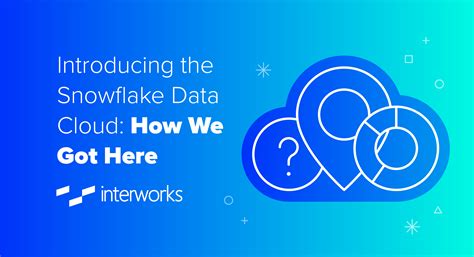In recent months, the tech world has been abuzz with discussions surrounding a significant data breach involving Snowflake, a prominent data warehousing company. According to various reports, the breach was executed through an ‘infostealer’ that compromised Snowflake employee credentials. This breach has sent ripples through the industry, shaking confidence in cloud storage solutions and highlighting critical areas of vulnerability. This incident serves as an urgent reminder for companies to bolster their security measures to protect customer data diligently.
Users have raised concerns about the repeated instances of such breaches, which seem to have a geographical slant. Several comments pointed out the usual suspects being blamed for cybersecurity offenses, such as Russia and China. While this geopolitical finger-pointing may detract from the core issue, it highlights a broader concern that cyber threats can come from anywhere, and the digital ecosystem is under constant siege from various actors. As one commentator stated, ‘Your daily evidence that modern Russia is essentially just an organized crime ring with oil reserves and nukes.’
Addressing these geopolitical concerns is one thing. Still, the immediate takeaway from the Snowflake breach should be the need for companies to reassess their cybersecurity frameworks. One cogent argument brought up in the discussions is the necessity of robust encryption protocols. Although Snowflake does offer options for customers to maintain their encryption keys, which theoretically limits employee access to plain data, not all entities fully utilize these features. Moreover, this particular breach exploited not the lack of encryption but vulnerabilities in identity and credential management.
One commenter aptly remarked, ‘If we were pre-Ukraine, it’d be China getting all the blame (like it used to be)’. This statement reminds us that the narrative can shift depending on the global political climate, but the underlying vulnerabilities remain. In the case of Snowflake, it appears that the compromised credentials allowed malicious actors to generate session tokens and potentially access sensitive customer data. This breach is alleged to have affected over 400 companies, a staggering figure that reveals how a single point of weakness can be catastrophic.
To give readers a sense of the technical aspect, let’s delve into what session tokens do. These tokens are strings of encrypted data that identify a user session. The attacker, in this case, managed to exploit such tokens to circumvent multi-factor authentication (MFA) mechanisms that would normally protect against unauthorized access. Here is a simple example to illustrate this concept in code:
def generate_session_token(user_id):
# Generate a session token based on the user ID
token = encrypt(f'{user_id}:{time.time()}', SECRET_KEY)
return token
# Use the token to validate a user session
def validate_session_token(token):
decrypted_data = decrypt(token, SECRET_KEY)
user_id, timestamp = decrypted_data.split(':')
if time.time() - float(timestamp) < TOKEN_EXPIRY_TIME:
return True
return FalseHowever, beyond technical vigilance, there are actionable steps companies can take to mitigate such risks. Implementing end-to-end encryption and ensuring that employee access to customer data is strictly necessary under tightly controlled circumstances is essential. Moreover, robust multi-factor authentication (MFA) protocols should become the standard, not an option. Snowflake’s predicament underscores the importance of a ‘zero-trust’ model, where every access request is rigorously vetted and monitored.
The debate around this breach has also revealed a curious interplay between corporate interests and customer security. Some comments from Astute observers highlighted the importance of ensuring that cloud storage firms aren’t merely offloading the responsibility of security onto the customer. As one commentator ruefully noted, ‘Typical propaganda.’ Indeed, companies like Snowflake owe it to their clients to provide not just the tools for security but also the guidance and support necessary to implement them effectively.
Ultimately, this breach should serve as a stark reminder to all stakeholders involved in the digital ecosystem. Whether you’re a tech enthusiast, a cybersecurity professional, or merely a concerned user, this incident highlights the importance of vigilance, robust security frameworks, and the need for a collaborative approach to safeguarding sensitive data. The digital world we navigate daily is fraught with risks, but with informed practices and rigorous protocols, we can turn the tide against cyber threats.


Leave a Reply